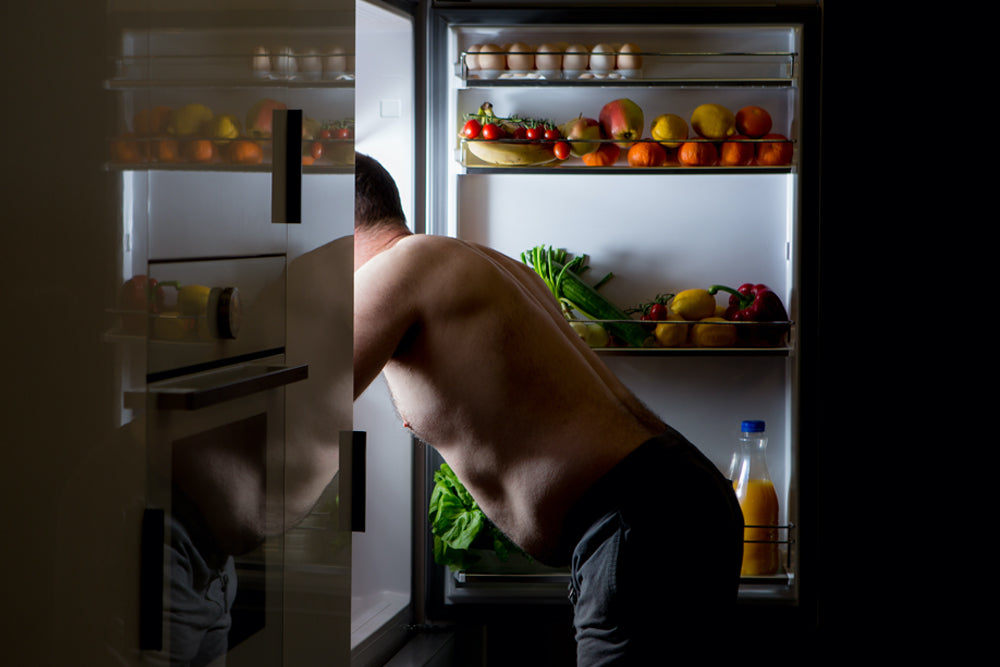Power Down: The Optimal Sleep Routine for High-Performance Athletes

Getting quality rest is everything when it comes to maintaining (and making progress in) your fitness routine. Here's what you should do to optimize your sleep so you make the most of your recovery efforts.
“If you’re a dedicated exerciser, I assume you want to be healthy, build strength and endurance, or maybe lose weight,” says W. Christopher Winter, MD, a board certified neurologist and double board certified sleep specialist. Thing is, your hard work towards these goals will be effectively negated if you don’t sleep well. “It's the reason why it's a bit of an idiotic move to sacrifice sleep for your 5 a.m. workout,” Winter explains. “Without sleep, exercise will yield far fewer positives.”
Related: Benefits of Sleep: 5 Tips for Better Rest and Performance
What’s more, skimping on shut-eye leads to inflammation, a less-efficient metabolism, and a potentially dampened immune system, says Nada Milosavljevic, MD, JD, founder and director of the Integrative Health program at Massachusetts General Hospital, and founder and CEO of SageTonic.
To run like a well-oiled machine, you must prioritize rest. Follow this schedule to set yourself up for a successful nightly power-down:
The Best Pre-Bedtime Routine to Max Your Sleep and Athletic Performance
4 Hours Before Bed: End Your Workout
In terms of optimizing your sleep schedule, doing your training first thing in the morning is ideal, Winter says. If you’re an afternoon or evening exerciser, leave at least four hours between your workout and bedtime to allow your nervous system to come back to homeostasis.
3 Hours Before Bed: Have Dinner or a Snack

Eating increases your blood sugar and insulin levels, which in turn makes it much harder for you to fall and stay asleep. That’s why the experts recommend closing the kitchen three hours before bedtime. As for liquids, you’ll want to avoid caffeine at least three hours before bed, and alcohol at least two hours before bed, say Winter and Milosavljevic.
If you want to get the most out of your last meal/snack of the day, there are certain foods that may be more sleep-promoting than others like nuts, tart cherries, grains, and hummus, says Winter, but he notes that an overall balanced diet throughout the day is the true key.
Related: Fall Asleep Fast: 4 Strategies to Help
1 Hour Before Bed: Try Heat Therapy
Especially if the only time you have to exercise is within four hours of bedtime, consider using heat therapy, which can help you prepare for sleep. “Right before bed, our body temperature begins to drop, and right before we wake up, it starts to rise,” Winter explains. “If you take a hot bath or shower 30 to 60 minutes before bed, it primes the pump, so to speak.” In other words, when you get out of the hot water, your body naturally starts to cool off quickly. “It tricks your body into thinking that the temperature drop is occurring, making you feel more sleepy, and probably relaxed.”
30 Minutes Before Bed: Put the Phone Away

“Researchers found that people who used electronics before bed saw a significant reduction of melatonin in their body, a chemical that regulates our sleep patterns,” Milosavljevic explains. On the flip side, a small Chinese study published this year showed that turning off screens (specifically your phone) 30 minutes before bed improved sleep, mood, and working memory.
So, replace your phone with a book for a much better bedtime ritual. But if you just can’t resist the urge to check your email one more time, at least put on a pair of blue-light blocking glasses, says Winter, who recommends the brand Swanwick.
Bedtime: Keep It Consistent
“If some nights you go to bed at 2 a.m. and other nights you go to bed at 9 p.m., your body’s circadian rhythm isn’t syncing up,” Milosavljevic notes.
When you turn in around the same time every night, you train your circadian rhythm to get on a more regular timetable. That can translate into feeling more alert in the morning, according to Milosavljevic, which will no doubt help you feel ready to perform.